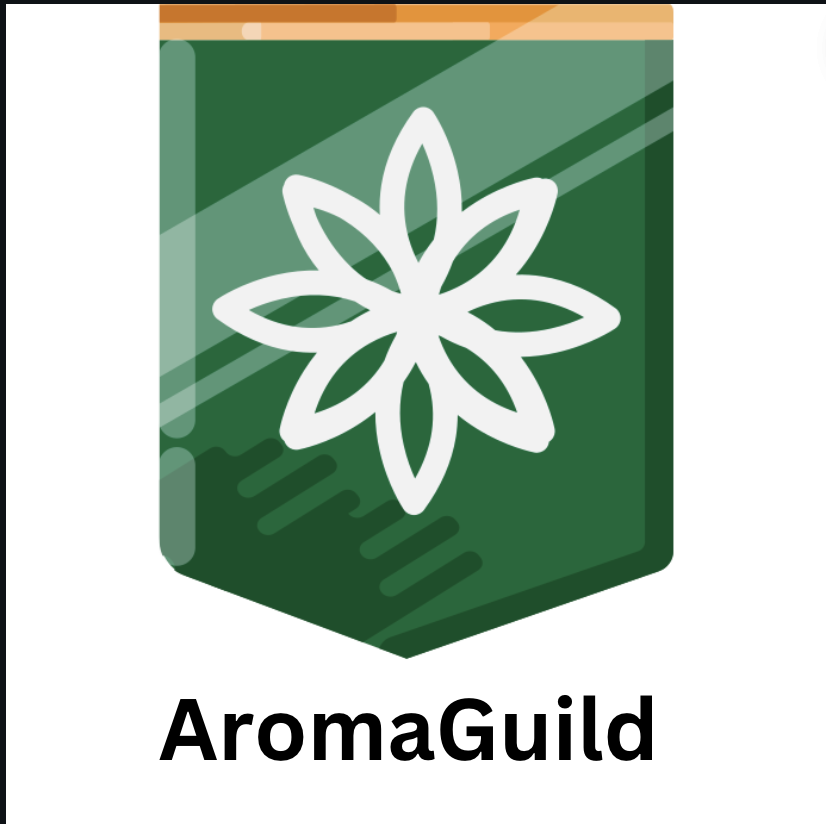Facebook Monetization Eligibility Criteria
Creators must verify that their accounts satisfy Facebook’s eligibility criteria prior to commencing monetization. In order to safeguard the platform from misuse and preserve a trustworthy, high-quality environment, these requirements have been implemented. Initially, it is necessary to establish a Facebook Page (rather than a personal profile) as monetization tools are accessible to Pages that represent businesses, brands, or public figures. The Page is required to adhere to Facebook’s Partner Monetization Policies, which encompass regulations regarding intellectual property infringement, hate speech, and misleading content.
Furthermore, it is imperative for creators to establish a minimum audience. In general, Facebook necessitates that the Page have a minimum of 10,000 followers. To be eligible for video monetization, your Page must have at least five active video uploads and a total of 600,000 minutes of view time across all video content in the past 60 days. This guarantees that the content is viewed by a significant audience and that engagement is sustained prior to the activation of monetization.
Additionally, creators are required to adhere to Facebook’s Community Standards and Content Guidelines. Pages that exhibit persistent violations, including deceptive behavior or objectionable content, may be considered ineligible. It is essential to maintain high-quality and authentic content, as Facebook conducts regular evaluations of Pages to determine their eligibility for monetization.
Compliance with Engagement and Content Guidelines
Ads are the primary source of revenue for content monetization on Facebook. In order to generate revenue, your content must be engaging and comply with ad-friendly standards. For example, content must be appropriate for a wide range of audiences, but it should not contain excessive profanity, mature themes, or controversial political content. Videos that incorporate copyrighted music or third-party content without authorization may be demonetized.
Facebook also underscores the significance of original content. The monetization test is frequently unsuccessful when content that has been reused or duplicated from other creators is used. Creators must guarantee that their work is genuine and contributes value to the audience, regardless of whether it is in the form of videos, live broadcasts, or articles. The potential for monetization is substantially influenced by engagement metrics, including shares, comments, and view time. Consistently publishing high-quality content increases the likelihood of qualifying for monetization tools, as Facebook rewards content that maintains viewer engagement.
Available Monetization Methods
Creators have the ability to access a variety of monetization options once a Page satisfies the eligibility criteria. Short ads are integrated into video content, with In-Stream Ads being the most prevalent. Views are the primary determinant of revenue, and lengthier videos provide a greater number of opportunities for ad insertion. Additionally, creators may investigate Fan Subscriptions, which enable followers to pay a monthly charge in exchange for exclusive content or benefits.
Stars, a feature that is frequently employed during live broadcasts, enables viewers to acquire virtual items that directly contribute to the earnings of creators. Furthermore, branded content partnerships provide opportunities for monetization through sponsored posts or partnerships with businesses. Each option is subject to specific requirements, including the explicit disclosure of sponsored content and the adherence to Facebook’s branded content policies.
Monitoring and Maintaining Monetization
Indefinite monetization is not guaranteed by satisfying initial requirements. Pages are consistently monitored by Facebook to ensure that they adhere to its policies and engage with its audience. Demonetization may result from the sharing of inauthentic content, the loss of engagement, or the violation of community standards. Consequently, it is imperative that creators consistently generate original, high-quality content and monitor performance metrics using Meta Business Suite or Facebook Creator Studio. These tools offer creators the ability to optimize for sustained monetization by providing insights into audience behavior, revenue breakdowns, and content performance.
Conclusion
Creators are presented with a lucrative opportunity to monetize their content on Facebook; however, success necessitates adhering to platform policies, meeting specific eligibility criteria, and maintaining high-quality engagement. Creators can access a variety of revenue streams, such as in-stream advertisements, fan subscriptions, stars, and branded content, by guaranteeing that Pages have an adequate number of followers, view time, and compliance with community standards. In order to qualify for monetization and maintain it over time, it is essential to prioritize audience engagement, originality, and consistency. The initial step in the process of establishing a flourishing, revenue-generating presence on Facebook is for creators who are prepared to convert their passion into profit by comprehending and adhering to Facebook’s monetization requirements.
